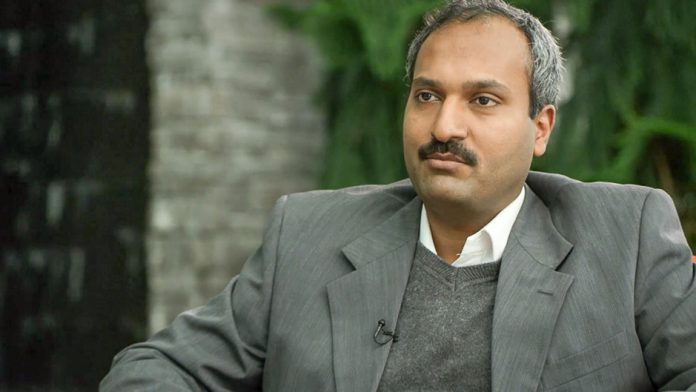Ravi Selvanagapathy is an Associate Professor of Mechanical Engineering a McMaster University. We asked everything from why he chose his field of study to what he reads in hopes of giving you a better understanding of what goes on outside the lab for one of the best minds in Canadian research.
What inspired you to become a scientist?
When I was an undergraduate student in the 1990s, I read an article in a general science magazine on how micromachines were going to transform the way that we live. I was fascinated by the possibility and got an opportunity to work in that area during my graduate study in Michigan. The excitement that I felt as a young undergraduate student has still not diminished and continues to inspire my research work.
What do you like most about being a scientist?
The ability to conceive of ideas, develop proof of concept and to demonstrate them in action is an exciting part of being a researcher. I also like those rare instances in conducting research when we stumble on unexpected findings that in some cases lead to new avenues for understanding nature.
How will your research make a difference in our lives?
I develop tools that will help biologists and medical researchers understanding mechanisms of diseases and develop drugs to treat them faster. I also build devices that enable diagnostics of conditions such as sepsis that help save lives. Finally, I am working on technologies that will help manufacture artificial organs that will assist critically ill patients.
What advice would you give young researchers?
My advice to young researchers would be to choose the most audacious sounding research area possible to devote their career. These audacious goals tend to often be realised and over the long run this could be the safest bet that they could possibly make.
What do you consider your greatest achievement?
I would like to think that my greatest achievement is yet to come. So far, my greatest contribution has been accidentally stumbling upon the fact that C.elegans worms which are used in biology to model human diseases and to understand their mechanism could be controlled exquisitely through electrical signals. We have used this unexpected finding to devise ways to probe their behaviour which is useful in discovery of new drugs for various neurodegenerative diseases.
What do you read?
I read mostly non-fiction relating to history, economics and biographies.
If you could meet any historical figure who would it be and why?
I would love to meet Brahmagupta, who is credited with introducing zero as a number, to know what came before. I would also like to meet Basile Bouchon who first used perforated tape to program or automate the functioning of a textile loom to ask him how he came about that concept.
If you could do any profession other than your own what would it be?
I love engineering and cannot imagine what I would do otherwise.










































